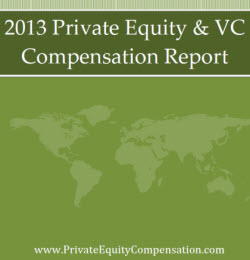For months the Obama administration has been targeting the incomes of private equity and hedge fund managers with a front door assault on carried interest as a means of raising tax revenue to fund his programs. In nearly every budget proposal, deficit reduction plan and tax “reform” measure the administration has put forth in the last two years, a provision to tax carried interest at ordinary income tax rates was included. And, in each of those instances, the attempts were rebuffed by Congress. So, now the administration has launched a back-door assault through a provision buried deep in the American Jobs Act which targets the profits generated from the sale of an investment management partnership, which translates to a private equity or hedge fund firm.
The proposed tax, referred to in the Act as an enterprise value tax (EVT), would, effectively, carve out private equity and hedge firms from all other businesses in the way sale profits are taxed. Currently, when a business is sold, net profits are taxed at the 15% capital gains rate. The EVT specifically applies to investment management
partnerships and would apply the ordinary income tax rate of 35% on the proceeds after the sale of a firm. Industry advocates are calling it “punitive”, “discriminatory” and even “unconstitutional” while tax advocates are unabashedly justifying it as a way to back-door the carried interest tax which doesn’t seem to be gaining any traction in Congress.
This way, proponents say, these firms can’t get around the higher carried interest tax, if implemented, by simply selling their business to reap the tax savings through the lower capital gains rate. Up until now, the carried interest tax change was gaining a mild amount of sympathy from some private equity executives, but this attempt to corner them with a tax at both ends is likely to sour their mood for any tax increase. While the carried interest tax argument has some elements of sway in it, along with some potential to reach a compromise for a solution, the EVT essentially penalizes anyone who decides they want to go into business for themselves managing an investment partnership. On that basis, an individual, or a group is being singled out for different treatment under the law which is neither fair, nor is it likely to be constitutional.
With little chance of the Act passing Congress, it’s not likely to be an issue on this go-around. But, just as with the carried interest saga, we are likely to see the assault continue.


